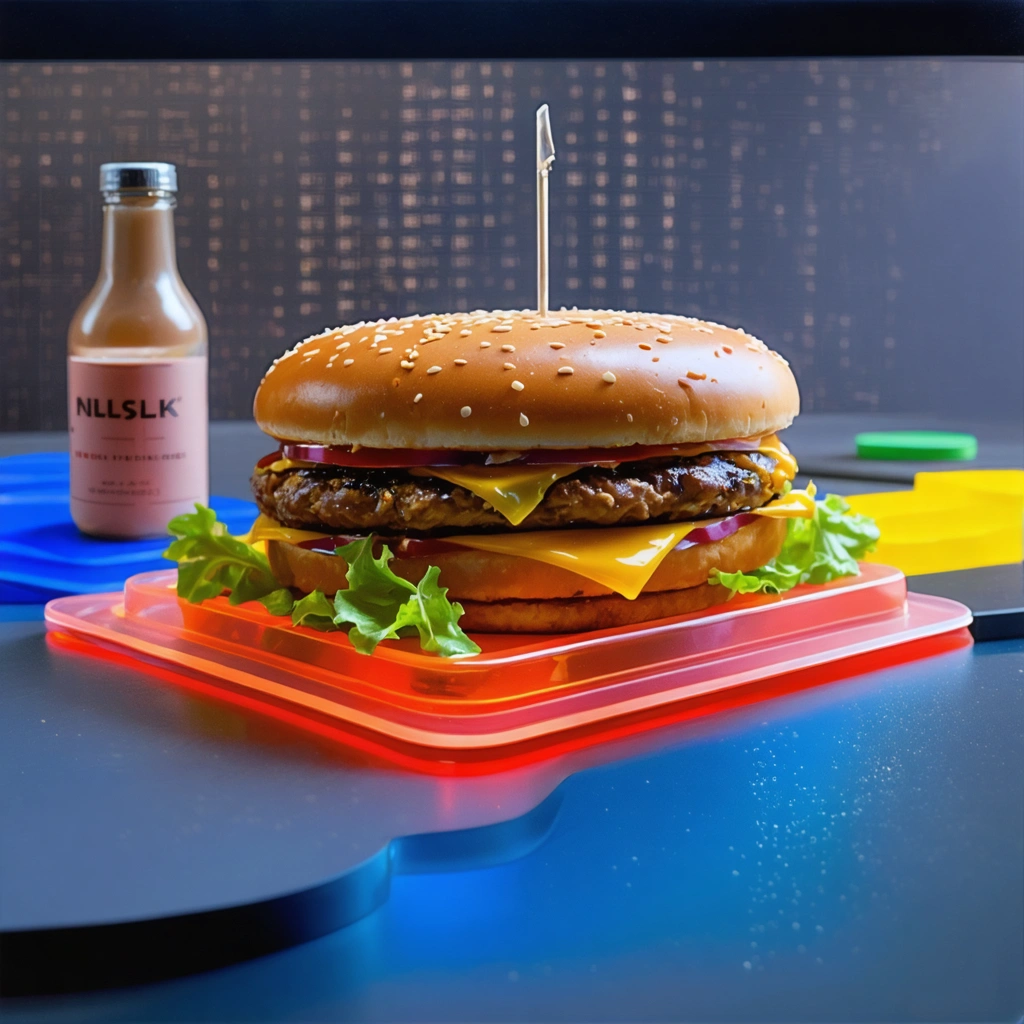
Introduction: A New Era of Business Ventures
In recent years, Elon Musk has emerged as a transformative figure known not only for his revolutionary contributions to the automotive and space industries but also for his fearless approach to venturing into new territories. As Tesla protests spread across international borders and political opinions become increasingly polarized, Musk is poised to embark on a fresh and unexpected journey into the restaurant business. This article examines the strategic rationale, potential challenges, and innovative opportunities that accompany this move, framing a comprehensive view of Musk’s evolving business empire.
Tesla Protests and the Political Landscape
Understanding the Tesla Protests
The surge in protests surrounding Tesla represents a multifaceted phenomenon:
- Social Impact: The protests reflect deep societal divisions regarding sustainability, technological advancements, and the future of transportation.
- Corporate Responsibility: As Tesla continues to lead the charge in electric vehicles, the growing scrutiny over its operational decisions and environmental footprint has fueled public debate.
- Political Ramifications: The company’s initiatives have turned it into a lightning rod for political discourse, with protesters and advocates sparring over the implications of rapid technological progress.
This climate of dissent not only affects public perception but also pressures Musk to strategically diversify his portfolio, showcasing his versatility in the face of controversy.
Political Controversies and Business Strategy
Musk’s political persona has grown increasingly pronounced. His forays into public commentary and involvement in contentious debates have inevitably influenced the market:
- Reputation Management: As controversies mount, Musk’s innovative track record is continuously put to the test by his political stances.
- Investor Confidence: The heightened level of political risk has forced investors to remain circumspect, realigning expectations around each new venture he undertakes.
- Market Dynamics: The protests have catalyzed discussions on the role of corporate leadership in socio-political matters, thereby impacting strategic business decisions.
Against this backdrop of political fireworks, Musk’s move into the restaurant business can be seen as both a diversification tactic and a means to capture a new market segment.
The Drive-In Diner Concept: Innovation in the Restaurant Industry
From Automotive Pioneering to Culinary Innovation
Two years ago, Musk made headlines by beginning the construction of a diner and drive-in theater in Los Angeles—a project that heralds a novel blend of entertainment, dining, and innovation. This initiative is characterized by:
- Unique Experience: Combining the classic charm of a drive-in with modern technological enhancements, the venture is set to create a futuristic dining experience.
- Interactive Engagement: Patrons can expect interactive panels, digital menus, and seamless integration with mobile payment systems, reflecting Musk’s commitment to integrating technology with everyday experiences.
- Sustainability: Emphasizing eco-friendly operations, the diner will focus on sustainable practices, aligning with Tesla’s environmental values while offering a distinct gastronomic adventure.
Business Model and Operational Advantages
The restaurant concept designed by Musk is more than a novelty; it represents a robust business model built on innovation and efficiency:
| Key Element | Strategy | Expected Outcome |
|---|---|---|
| Technological Integration | Utilize advanced ordering systems and automated services | Increased operational efficiency and improved customer experience |
| Sustainable Practices | Implement eco-friendly energy solutions and waste management | Enhanced brand image and reduced environmental impact |
| Entertainment Factor | Incorporate drive-in theater elements and interactive displays | Attraction of a diverse clientele, including families and tech enthusiasts |
Such operational excellence may redefine the restaurant industry by leveraging cross-industry innovation and setting new benchmarks for customer satisfaction.
Market Analysis and Business Implications
Opportunities Amid Controversy
The decision to enter the restaurant business during a phase of intense political and social scrutiny has several strategic advantages:
- Diversified Revenue Streams: Moving into a new industry can help mitigate risks associated with Tesla’s traditional markets and political backlash.
- Brand Reinvention: The diner and drive-in theater symbolize a departure from conventional business practices, offering Musk an opportunity to reshape his public persona.
- Consumer Experience: The interactive, tech-centric dining environment taps into current trends that favor immersive and personalized experiences.
This diversification strategy is expected to contribute significantly to Musk’s long-term business resilience.
Challenges and Mitigation Strategies
However, entry into the restaurant industry also presents substantial challenges, including:
- Market Saturation: The food and beverage sector is highly competitive, with consumer preferences rapidly evolving.
- Operational Hurdles: Integrating high-tech solutions in a hospitality setting requires a seamless blend of technology and human interaction, which can be complex to implement.
- Regulatory Compliance: Operating in a new domain calls for adherence to a different set of regulations, necessitating comprehensive legal and operational oversight.
To address these challenges, Musk’s strategy involves forming strategic partnerships, investing in cutting-edge technology, and adopting a customer-centric operational model. This approach is designed to create a distinctive niche in the restaurant market while complementing his existing business ventures.
Conclusion: A Visionary’s Roadmap to Success
Elon Musk’s decision to venture into the restaurant sector amid ongoing Tesla protests and political controversies marks a noteworthy expansion of his entrepreneurial portfolio. By blending innovative technology with traditional dining experiences, Musk is not merely entering a new market—he is reinventing how consumers interact with everyday services. The diner and drive-in theater project exemplifies his dedication to pushing the boundaries of what is possible, even in industries far removed from his established areas of expertise. This strategic pivot is underpinned by thorough market analysis, a commitment to sustainability, and a focus on creating memorable consumer experiences. As Musk navigates the complex interplay of public opinion, regulatory requirements, and competitive market forces, his bold move signals a broader shift towards diversified and resilient business operations. Investors, consumers, and industry observers alike will be watching closely as this venture unfolds, with the promise of innovative breakthroughs that could shape the future of both the automotive and hospitality sectors. Overall, Musk’s latest project stands as a testament to his relentless pursuit of innovation—a pursuit that transcends conventional boundaries and challenges established norms. In a rapidly evolving global economy, such visionary approaches have the potential to generate new standards for operational excellence and customer engagement, reinforcing Elon Musk’s status as one of the most influential figures in contemporary business.




